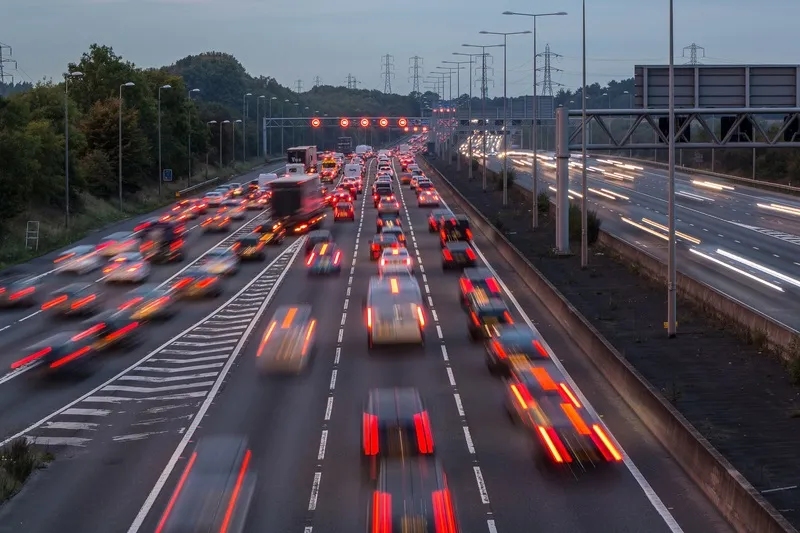Improved customer service, better planning and stronger relationships are at the heart of a five-year plan which sets out how England’s motorways and major A roads will be modernised, maintained and operated between 2015 and 2020.
The pledges are made in the first Strategic Business Plan published by Highways England, which focuses on modernising, maintaining and operating the network, making specific commitments, including modernising core motorways and upgrading some of the most important major routes to provide more capacity and better connections.
The plan proposes building on the smart motorways programme by significantly expanding the roll out of smart motorways across the country, by adding 400 miles of extra capacity to create a spine of smart motorways that relieve congestion and reduce delays without the need for road-widening.
In addition to adding capacity to the motorway network, Highways England plans to upgrade some of the most important major A roads to the new Expressway standard. Making up the majority of the non-motorway network, these roads play an important role in supporting the economy particularly at a regional and local level.
Over the next five years, improvements will be made to the way traffic is managed on some of the busiest A roads by transforming them into Expressways to encourage more free-flowing traffic by modernising junctions and provide emergency refuge and maintenance areas. Advanced technology will be used to detect and help clear incidents more quickly and get traffic moving again.
Highways England strategic business plan promises more smart motorways
Improved customer service, better planning and stronger relationships are at the heart of a five-year plan which sets out how England’s motorways and major A roads will be modernised, maintained and operated between 2015 and 2020. The pledges are made in the first Strategic Business Plan published by Highways England, which focuses on modernising, maintaining and operating the network, making specific commitments, including modernising core motorways and upgrading some of the most important major routes to
December 12, 2014
Read time: 2 mins









